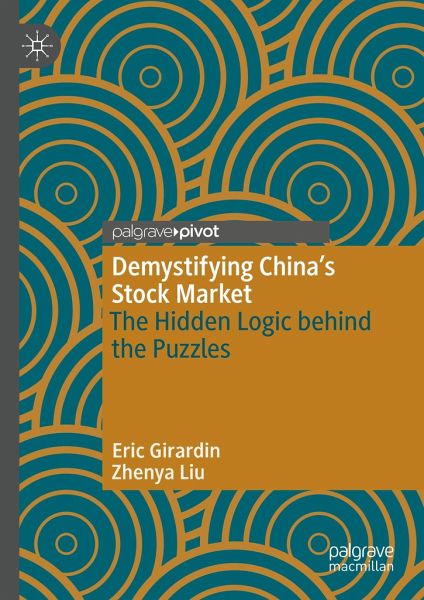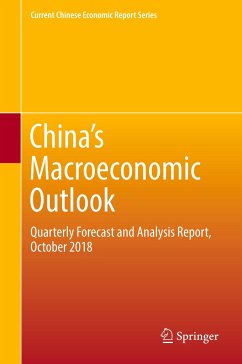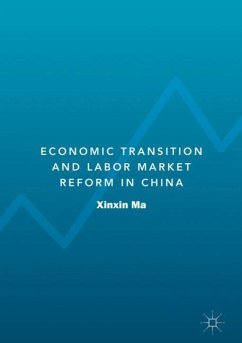
Demystifying China's Stock Market
The Hidden Logic behind the Puzzles

PAYBACK Punkte
19 °P sammeln!
Mainstream research has rationalized China's stock market on the basis of paradigms such as the institutional approach, the efficient market hypothesis, and corporate valuation principles. The deviations from such paradigms have been analyzed as puzzles of China's stock market. Girardin and Liu explore to what extent, in the perspective of Chinese cultural and historical characteristics, far from being puzzles, these 'deviations' are rather the symptoms of a consistent strategy for the design, development and regulation of a government-dominated financial system.This book will help investors, ...
Mainstream research has rationalized China's stock market on the basis of paradigms such as the institutional approach, the efficient market hypothesis, and corporate valuation principles. The deviations from such paradigms have been analyzed as puzzles of China's stock market. Girardin and Liu explore to what extent, in the perspective of Chinese cultural and historical characteristics, far from being puzzles, these 'deviations' are rather the symptoms of a consistent strategy for the design, development and regulation of a government-dominated financial system.
This book will help investors, observers and researchers understand the hidden logic of the design and functioning of China's modern stock market, taking a political economy view.
This book will help investors, observers and researchers understand the hidden logic of the design and functioning of China's modern stock market, taking a political economy view.












